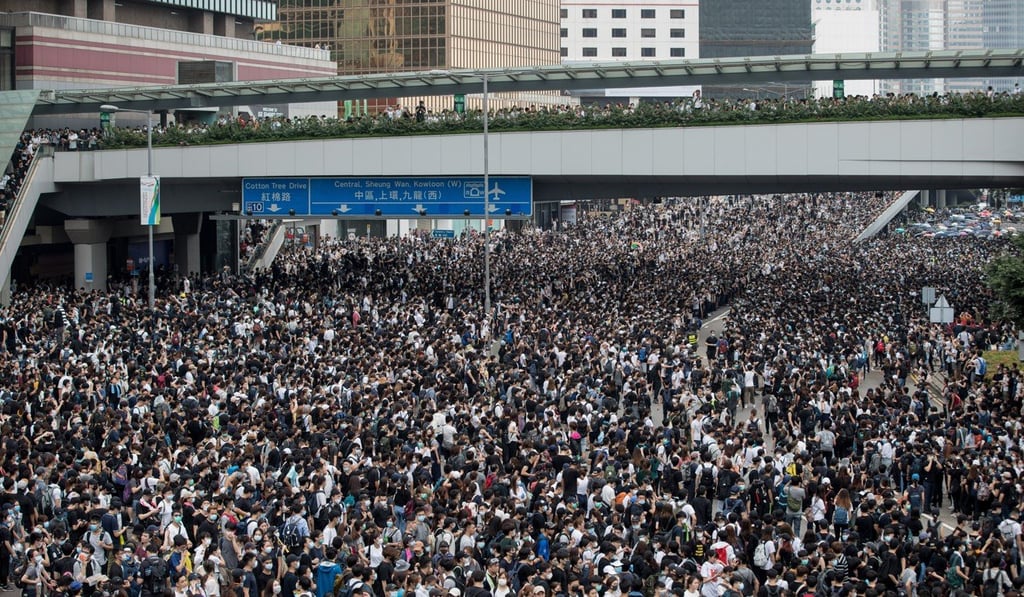Advertisement
China Briefing | Hong Kong’s extradition law mess: don’t blame Beijing, blame naive Carrie Lam
- In underestimating the pushback from Hongkongers from all walks of life, the chief executive has shown a lack of political antennae
- She could have avoided much of this quagmire had her government not bypassed proper procedures and, instead, consulted the public
Reading Time:5 minutes
Why you can trust SCMP
0

On Sunday, hundreds of thousands of people jammed the busy downtown streets of Hong Kong to protest against the local government’s proposed bill that would allow extraditions to the Chinese mainland.
The mass demonstration could well be the largest in Hong Kong’s history but the mainland’s official media has largely remained silent, except for a few outlets including the Global Times which accused the local opposition camp of colluding with “foreign forces” to fan chaos in Hong Kong to hurt the mainland.
Blaming “foreign forces” for causing havoc in Hong Kong has always been the official mainland media’s default position but the Hong Kong government’s current crisis is largely of its own making.
To put it bluntly, Chief Executive Carrie Lam’s plan to bulldoze through the local legislature with the bill is ill-timed, ill-advised and ill-thought-out, and she and her officials are ill-prepared for not seeing the bigger picture and for the extraordinary pushback from the general public in Hong Kong and the international community.

But, alas, no matter how the crisis ends, no one is a winner and Hong Kong as a whole loses – its reputation, the independence of its judiciary and the confidence of the international community in its status as a leading financial centre.
Back in February when Hong Kong first introduced the proposed extradition law, officials expected its passage to be a breeze.
Advertisement
